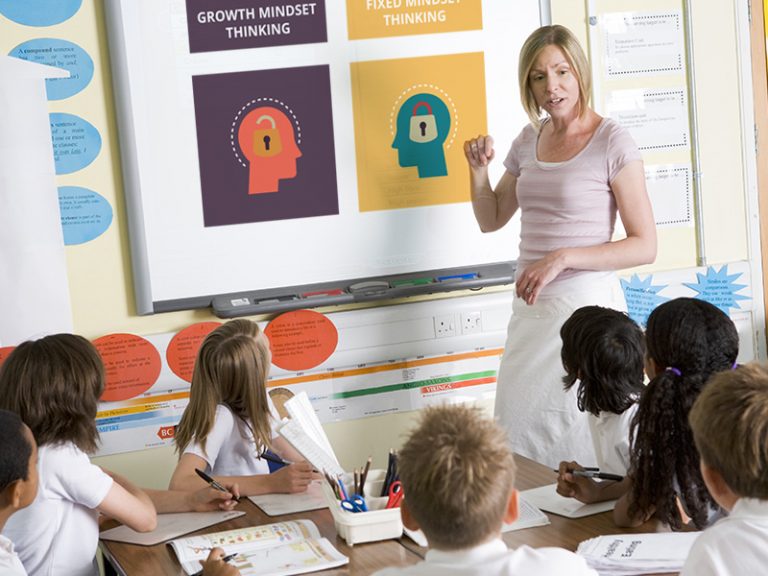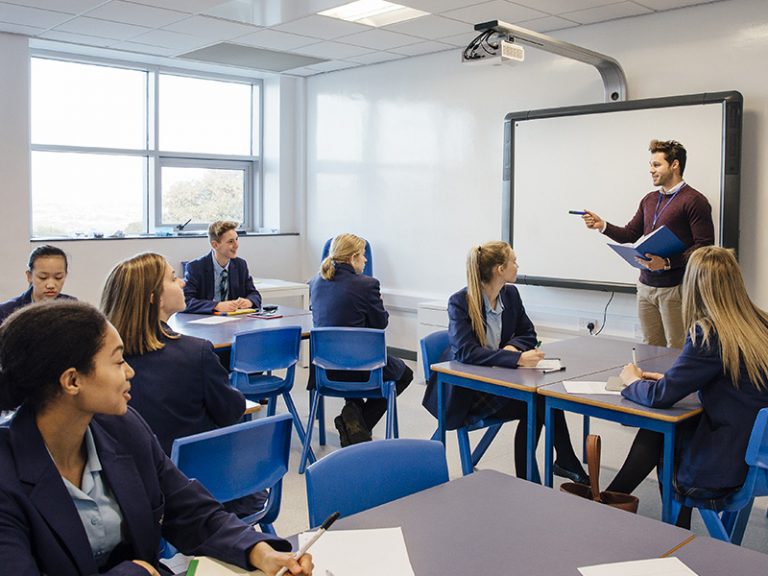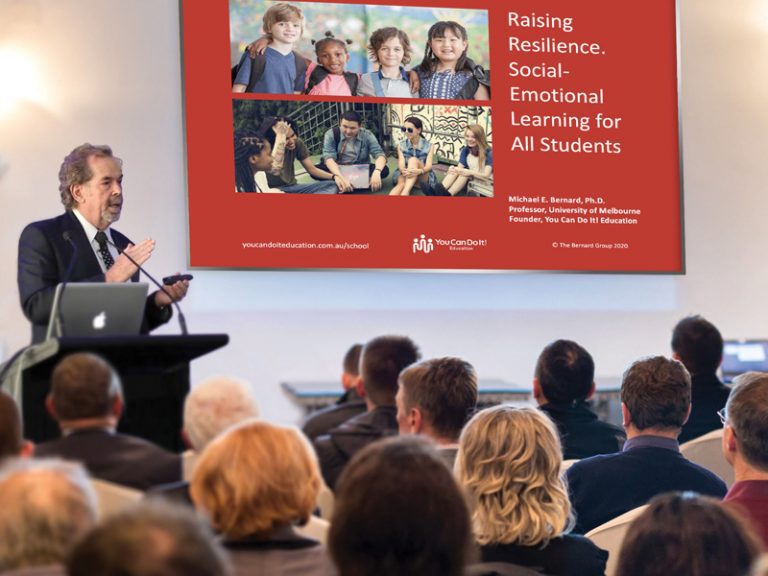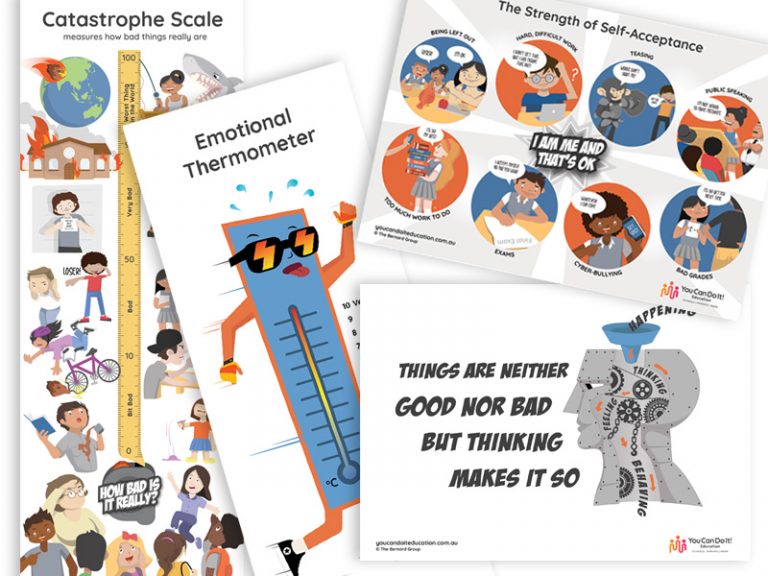Support Programs for Students with Achievement and Behaviour Challenges
Engaging worksheets for students.
Programs based on latest research on best practice.
YCDI! has always supported school-home collaboration.
00. Accepting Myself. How to Help Young People Feel Worthwhile No Matter What
(ages 9 - 16+)
This program includes 12-month access to a three-part, online eLearning program that takes 30 to 60 minutes to complete.
Accepting Myself, also known as self-acceptance, is an engaging, innovative, social and emotional eLearning student intervention program. Students learn a psychological superpower to feel worthwhile no matter what!
For ages 9 -16+, this eLearning program is not a game. It incorporates the latest developments in online, interactive instructional technology.
Throughout the three parts, students engage with interactive activities that help personalise and learn a psychological superpower to feel worthwhile no matter what! The student program takes 30 to 60 minutes to complete and provides students with a downloadable tool kit to keep.
07. Strengthening Attitudes and Behaviours for Learning
Activities for Students with Achievement & Behaviour Challenges
(year levels 5 - 12)
Developed to provide student support staff (tutors, counsellors, special educators, teachers and teacher aids, education assistants, and behaviour management specialists) with practical activities they can present to individual and small groups of students so that they develop the attitudes and behaviours for learning needed to engage in classroom learning and homework to achieve their personal best.
National Mentoring Pilot Project
School of Social Sciences
Cardiff University, Wales

09. Coaching Teachers and Parents to Build Social-Emotional Strengths of Students with Achievement, Behaviour and Mental Health Issues
This resource is written for those educators and mental health practitioners who have responsibility for the development of plans and programs for individual students of all ages who have behaviour problems, under-achieve and/or worry excessively.
Investigations by Michael Bernard and international researchers have revealed these students have been found to demonstrate developmental delays in their social-emotional development; specifically, this group of students have been found to lack confidence, persistence, resilience, organisation and getting along skills. This resource helps coach parents of identified/referred students in steps to take to build their social-emotional strengths at home.









